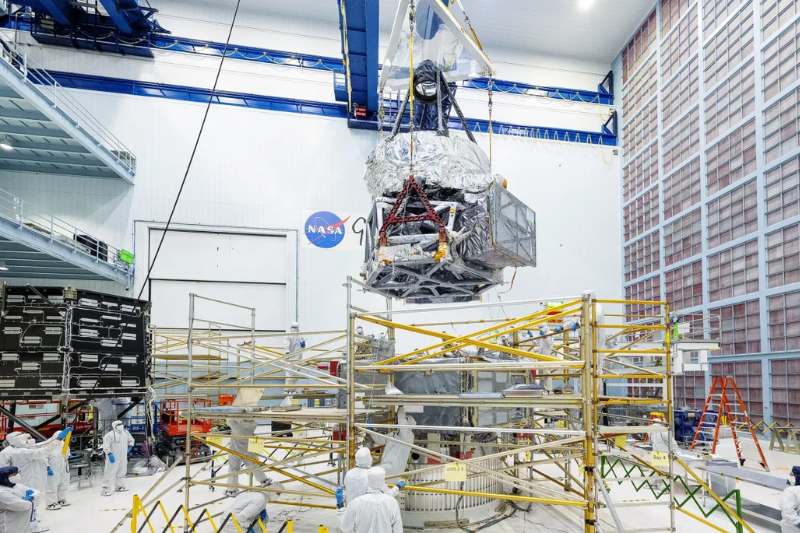
The U.S. federal budget for 2025 has proposed major cuts to NASA.
The news has shocked scientists, disappointed space fans, and raised serious concerns among global partners.
Let’s explore what the NASA Budget Cuts 2025 mean, which missions are at risk, and why the backlash is growing.
What’s in the 2025 Budget?
The 2025 budget proposal slashes NASA’s funding from $24.8 billion to $18.8 billion. That’s a cut of over $6 billion.
While the proposal maintains some funding for big-name programs like the Artemis Moon mission, it reduces investment in science, Earth observation, and space technology.
These cuts could put decades of work and discovery in jeopardy.
Missions at Risk
Several critical NASA projects are now hanging by a thread. Here are the most affected:
Mars Sample Return (MSR) was designed to bring back rock and soil samples collected by the Perseverance rover on Mars. If successful, it could have answered questions about past life on the red planet. But now, due to budget pressure, this mission may be delayed or canceled entirely.
Chandra X-ray Observatory is a world-class space telescope that has helped scientists study black holes and distant galaxies for over two decades. Now, its funding may be cut so deeply that it won’t survive the year. Shutting down Chandra would be a huge loss for astronomy.
Earth and Climate Monitoring Missions are also affected. Ironically, while the planet faces climate extremes, Earth observation projects are being defunded. Satellites that monitor rising sea levels, temperature changes, and natural disasters may not launch or stay online.
Global Partners in Limbo
NASA doesn’t explore space alone. It works with countries like Japan, Canada, and members of the European Space Agency.
These budget cuts have left many partners concerned. For example, international missions connected to the Lunar Gateway and deep space exploration now face delays.
Without NASA’s full support, timelines shift, and costs rise for everyone involved.
Scientists Raise the Alarm
Top researchers and former NASA officials have not stayed silent.
Astrophysicists warn that losing observatories like Chandra could set back space science by decades.
Former NASA Administrator Bill Nelson said the proposed cuts are like using “a chainsaw and meat ax” on the agency.
Scientists say the cuts are short-sighted. They argue that investments in space drive innovation, inspire education, and support national security.
Jobs and Economy Also Hit
NASA doesn’t just launch rockets. It supports tens of thousands of American jobs.
From engineers in Houston to suppliers in Florida, these cuts will be felt far and wide.
An economic study estimates over 84,000 jobs could be lost, $2 billion in tax revenue could disappear, and the U.S. could see a $19 billion drop in overall economic impact.
Small contractors, universities, and research labs will feel the pain.
Public Backlash Is Growing
The public reaction has been swift and loud.
Social media hashtags like #SaveNASA and #SupportScience are trending on X (formerly Twitter), TikTok, and Reddit.
Online petitions are gaining thousands of signatures.
Teachers, students, scientists, and ordinary space fans are urging Congress to reject the cuts.
STEM Education May Suffer
NASA’s outreach programs have inspired millions of kids to pursue careers in science, technology, engineering, and math.
With budget cuts, many of these programs are now at risk.
Reduced support for school visits, science fairs, and youth space programs could shrink the next generation of scientists.
What Happens Next?
Congress will review and debate the budget proposal over the coming months.
There is still time to revise or restore funding.
Lawmakers from both major parties have expressed concern. Many agree that space exploration should not be compromised.
Why It Matters
NASA is not just about astronauts and space stations.
It’s about Earth science, technology innovation, STEM education, global leadership, and human inspiration.
The NASA Budget Cuts 2025 risk more than science—they risk our future.
Final Thought
If these cuts move forward, it won’t just slow down missions. It could stop the momentum of space science in its tracks.
But there's still time. With enough public pressure and political will, the funding can be restored.
Because exploring space means investing in Earth—and in ourselves.